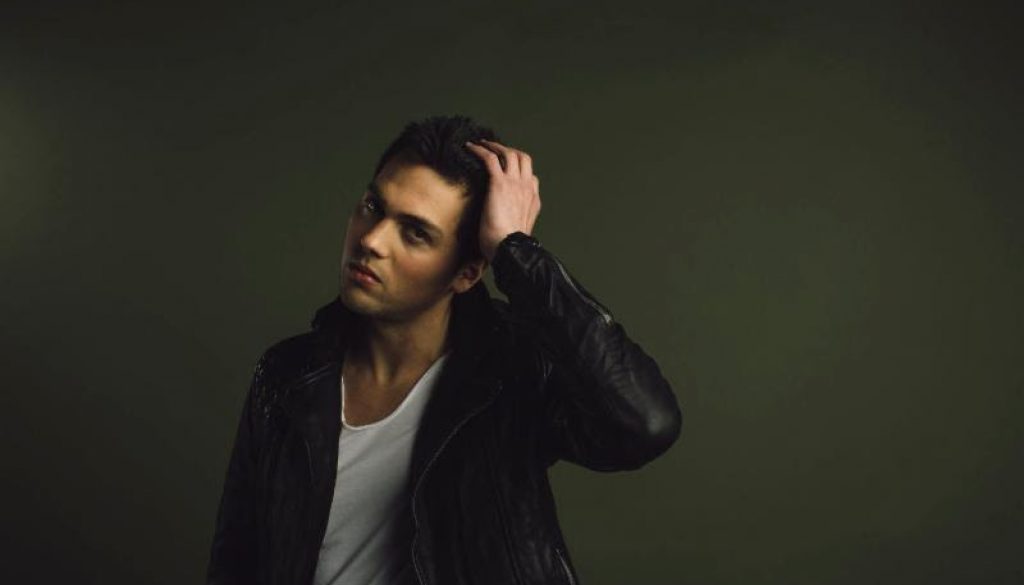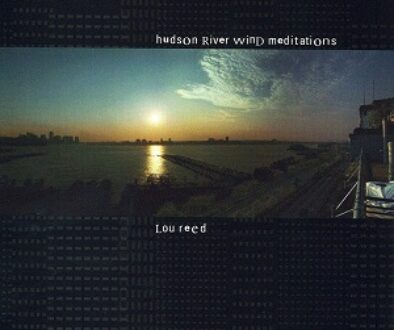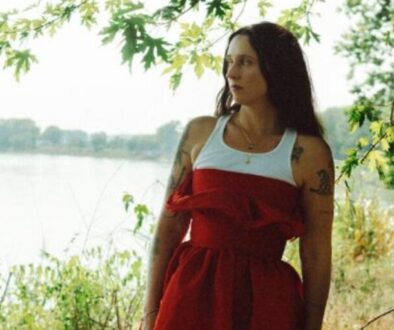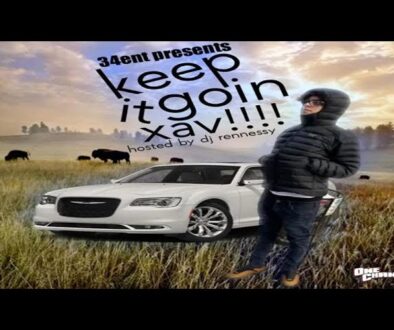With a powerful creative vision and unique sound, Noah Parker will soon become a leading force on the contemporary pop landscape. Songs like the kinetic pop of “Fight The Feeling” and the effortlessly romantic “Tomorrow’s Too Late” display the singer-songwriter’s natural gift for melodic style and emotive energy, synthesizing classic songcraft, studio invention, and timeless pop smarts.
Born and raised in New York City, Parker began learning piano at 10 but fell in love with guitar at 13. His father, a classical and jazz pianist, instilled in him a boundless appetite for music, his diverse palette spanning the Allman Brothers Band and Ambrosia to Kanye West, Daft Punk, and John Mayer “I probably spent eight out of every ten minutes listening to music,” Parker says. “Whenever and wherever I could.”
A competition-winning teen poet, Parker switched his concentration towards film upon arriving in college. Still, his passion was and remains music. Parker spent much of his time at university privately mastering his skills as both songwriter and guitarist while continuing to direct his substantial artistic energy towards other platforms. “It took me a long time to figure out that music was what I wanted to do,” he says. “I was out of school for a year before I said this is really what I want.”
Parker traveled to Garrison, NY where he worked on acoustic-driven demos with GRAMMY® Award-winning pianist and producer Art Labriola. Though he had dedicated endless hours on his guitar and his pen, the singer-songwriter had admittedly not yet found his voice. Despite suggestions he might want to consider selling his songs for other artists to perform, Parker pressed on to create his own career. Fortunately he received vital support from his uncle, Cy Curnin of iconic New Wave hit makers, The Fixx. “Cy was the person that told me I had something special and original going on,” Parker says. “It still needed to be developed but hearing that from him meant a lot. It gave me enormous confidence and encouraged me to keep going.”
As Parker’s singing grew stronger and more distinct, so did his songwriting, the melodies and dynamics progressing in sync with his increasing talent. He continued recording acoustic-driven demos but yearned to “step up his game” with a denser, detailed sound. In October 2016, he connected with Richard Ellis, a longtime industry executive, manager and marketing pioneer. Ellis heard the spark in Parker’s songs and suggested a trip west to collaborate on some tracks.”I thought, Okay. Time to put all my chips on the board,” Parker says. “Let’s do this. I packed a bag and flew right out.”
Two short weeks later Parker was living in a small room at a long-term stay hotel in Los Angeles. Ellis took him on “a whirlwind tour” of Los Angeles’ top studio professionals, their quest culminating with GRAMMY® Award-nominated production duo, Emile Ghantous and Keith Hetrick, a.k.a. The Cartoons (Pitbull, Charlie Wilson, Boyz II Men).”Emile and Keith really got it,” Parker says. “They understood what I was going for in a way nobody else did. Emile said he had a vision for my music, which was the first time I’d ever heard that. Most producers ask what you want and try to replicate it; Emile was the only one who understood what I was looking for and what I needed in a producer.”
Ghantous and Hetrick enabled Parker to center his myriad influences into a seamless and unified whole. Parker is now spending 12-hour days at a Los Angeles studio with his collaborators, spinning his classically crafted songs into his own particular brand of instantly modern pop. Tracks like “Tomorrow’s Too Late” reveal Parker’s remarkable gift for turning expertly wrought acoustic ballads into stadium-sized anthems. “They’ve really helped me veer towards a more pop aesthetic,” Parker says. “They’ve shown me how these tiny little details can turn something from a melodic singer-songwriter composition into a really competitive pop song.”
The provocative “Radio” might well be the ideal illustration of Parker’s approach, a floor-shaking mix of sleek soul, hard-hitting hooks, and his own fearless lyrical stance. Parker is of course well aware of the inherent irony in writing an anti-pop pop song but contradictions and crosscurrents have long fueled his musical muse.”I wrote it in deep frustration,” Parker says. “I was trying to write a real pop song and it wasn’t coming out right. I was still too tied to being a softer singer-songwriter. That song was me saying how tired I am of hearing this stuff on the radio, these songs that I can’t seem to make myself. Well, it turns out I can.”
The sessions have already yielded a bumper crop of material, thanks in large part to Parker’s lifelong cache of songs and sonic ideas. He plans to release a series of tracks throughout the coming year, leading up to the ultimate arrival of his debut album.”It’s not the way most people listen to music anymore,” Parker says, “but I still have a deep love for the album format. I want to take all these individual elements and make them coalesce into something bigger and greater.”
Having found his creative voice at long last, Parker is now fully focused on the future, devoting all of his free time to writing, recording, and recruiting a live band to accompany him on stage. The goal as always is to bridge genres, cross-pollinating modern pop with more traditional aspects of craft and performance. Brimming with self-assurance, artistic vision, and a seemingly infinite songbook, Noah Parker is set to take on the world.
“I’m ready to get out there,” Parker says. “This is something I’ve been waiting to do for a very long time.”





